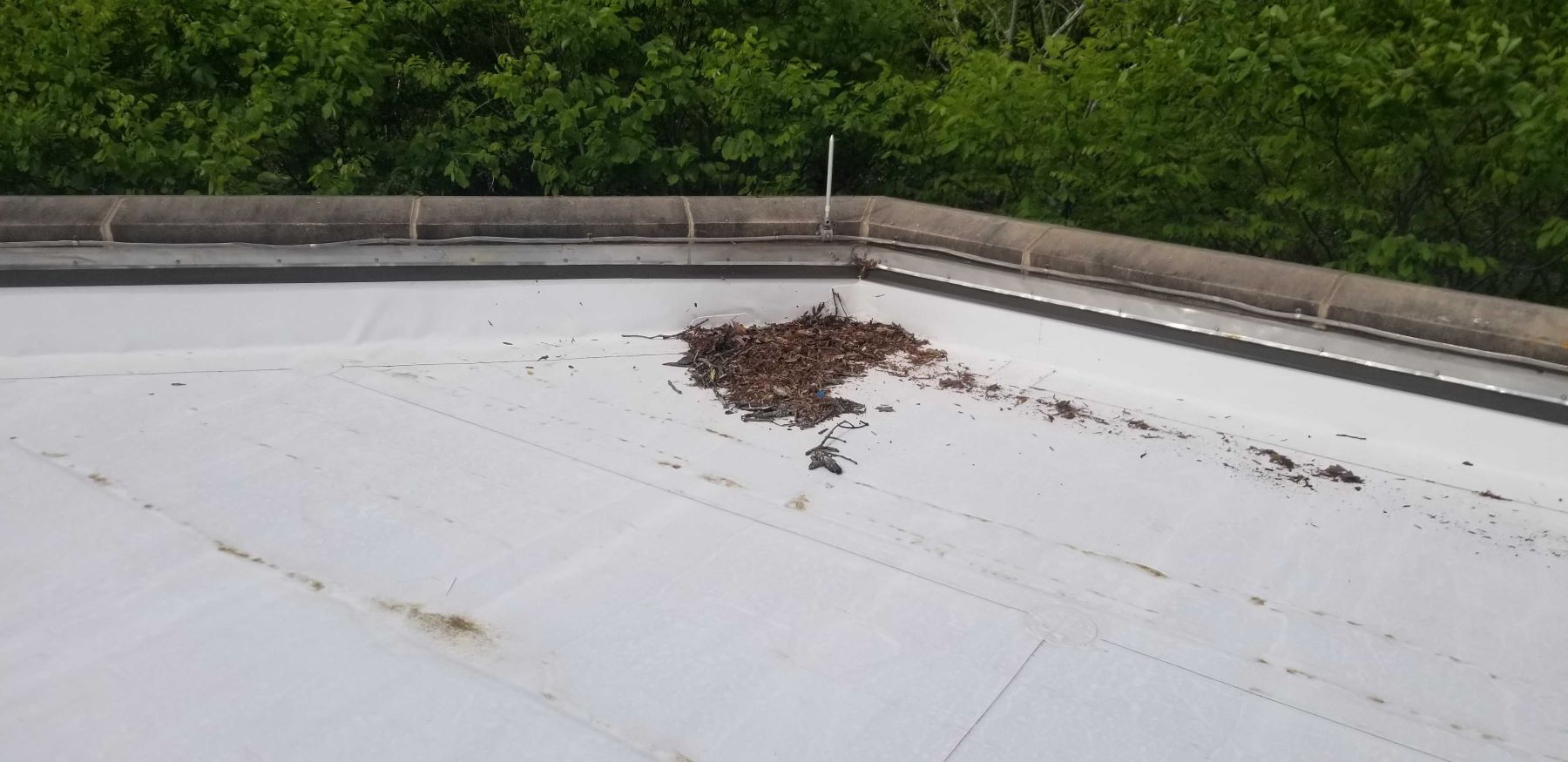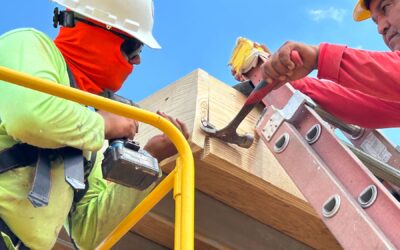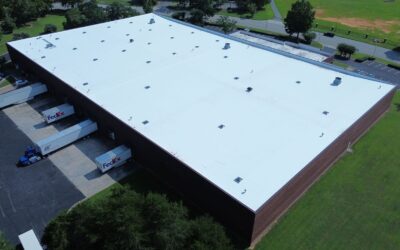When investing in a new commercial roof, understanding the warranty that comes with it is very crucial. A roof warranty can offer peace of mind, but it’s important to know what’s covered and what’s not. Here’s a comprehensive guide to help you navigate roof warranties and make informed decisions.
Types of Roof Warranties
There are two main types of roof warranties: manufacturer warranties and workmanship warranties. Each serves a different purpose and covers different aspects of your commercial roofing system.
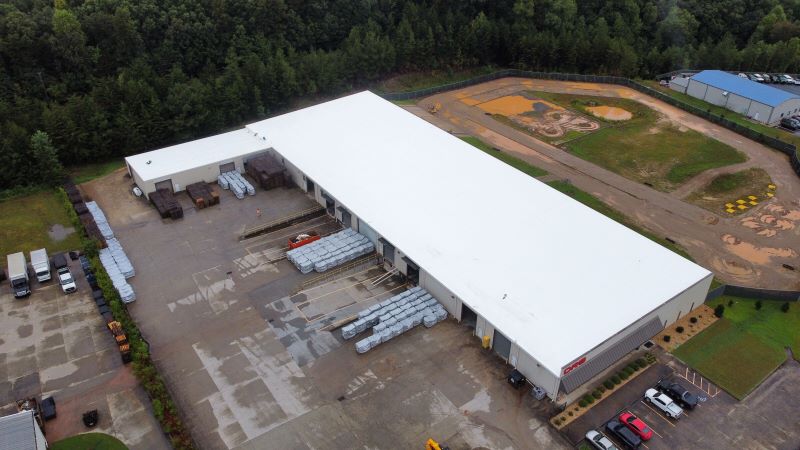
Manufacturer Warranties
Manufacturer warranties cover defects in the roofing materials themselves. These warranties are provided by the roofing material manufacturer and typically last between 10 to 30 years. They ensure that if there are any flaws in the materials, such as premature deterioration or manufacturing defects, the manufacturer will cover the costs of replacement or repair.
What’s Covered:
Material Defects: If the commercial roofing materials fail due to manufacturing defects, the warranty will cover repair or replacement.
Product Performance: Warranties often guarantee that the materials will perform to specified standards, such as resisting UV damage or providing adequate insulation.
What’s Not Covered:
Improper Installation: Manufacturer warranties usually do not cover damage resulting from improper installation. For this reason, it’s essential to hire a qualified, reputable contractor.
Neglect and Misuse: Any damage caused by lack of maintenance, misuse, or neglect is not covered under the manufacturer’s warranty.
Weather Damage: While some warranties may cover certain weather-related issues, extreme weather events like hurricanes or tornadoes might not be fully covered.
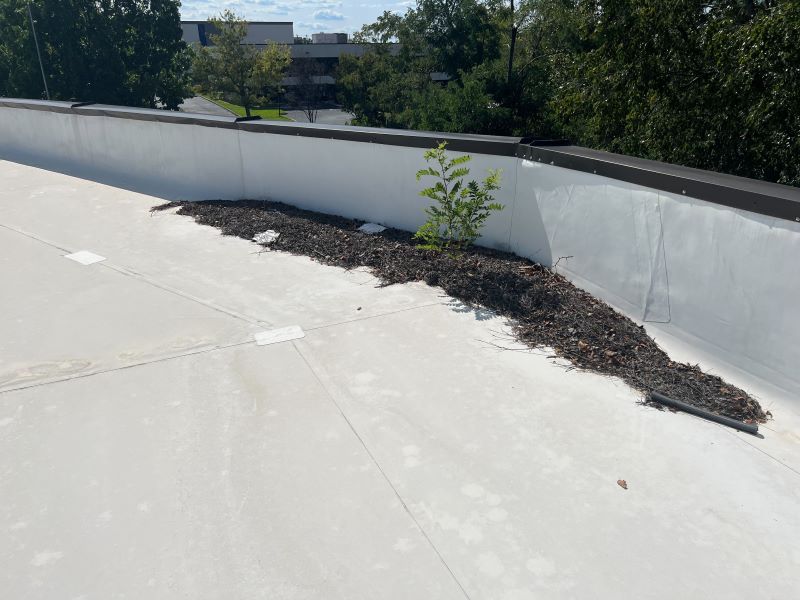
Workmanship Warranties
Workmanship warranties are provided by the roofing contractor who installs the roof. These warranties cover the quality of the installation work and typically last between 1 to 10 years, depending on the contractor and the complexity of the installation.
What’s Covered:
Installation Errors: If the roof develops issues due to improper installation, the contractor is responsible for repairs or replacement under the workmanship warranty.
Inspection and Maintenance: Some workmanship warranties include periodic inspections and maintenance services during the warranty period.
What’s Not Covered:
Material Failures: Workmanship warranties do not cover material defects; these are covered by the manufacturer’s warranty.
Severe Natural Events: Damage caused by natural disasters or other extreme conditions is generally not covered.
Unapproved Modifications: Any alterations or repairs made by other parties can void the workmanship warranty.
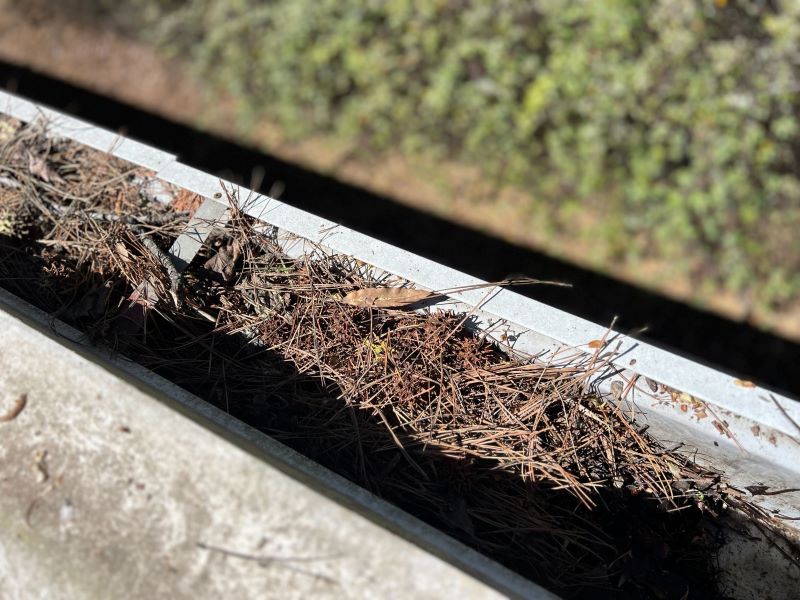
Understanding Warranty Terms and Conditions
To make the most of your roof warranty, carefully review the terms and conditions. Here are key aspects to consider:
Coverage Duration: Check how long the warranty lasts and what specific periods (e.g., full coverage vs. prorated coverage) apply.
Transferability: Some warranties are transferable to new property owners, which can add value to your property if you decide to sell.
Exclusions: Be aware of any exclusions or limitations in the warranty, such as coverage limits for certain types of damage or conditions.
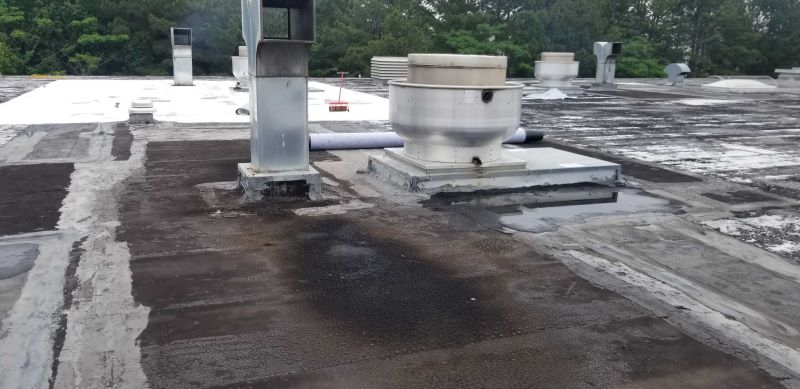
Maintaining Your Warranty
To ensure your warranty remains valid, follow these steps:
Regular Inspections: Schedule regular inspections with a qualified roofing contractor to catch potential issues early.
Proper Maintenance: Adhere to maintenance recommendations to prevent problems from arising.
Documentation: Keep detailed records of all inspections, maintenance, and repairs.
Understanding roof warranties is essential for protecting your investment and ensuring the longevity of your roofing system. By knowing what’s covered and what’s not, and by maintaining your roof properly, you can enjoy the peace of mind that comes with a well-covered and well-maintained roof. A comprehensive grasp of warranty terms helps you avoid unexpected expenses and ensures that you can act swiftly if issues arise. Regular maintenance and timely repairs not only help keep your roof in optimal condition but also maximize the value of your warranty. Additionally, being proactive about understanding and managing your warranty can prevent disputes and ensure that you fully benefit from the protection provided. In the long run, this knowledge empowers you to make informed decisions, safeguard your property, and enhance the overall durability and performance of your roofing system. By staying informed and attentive, you can confidently protect your investment and enjoy the long-term benefits of a reliable and resilient roof.

